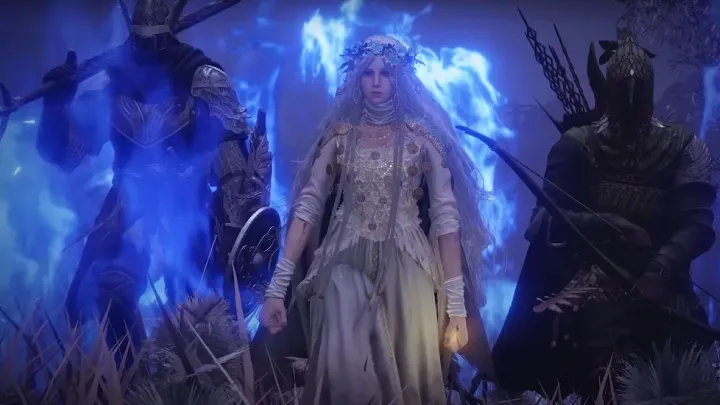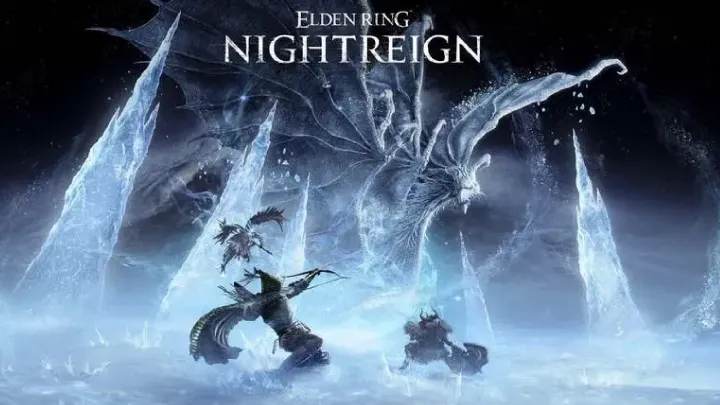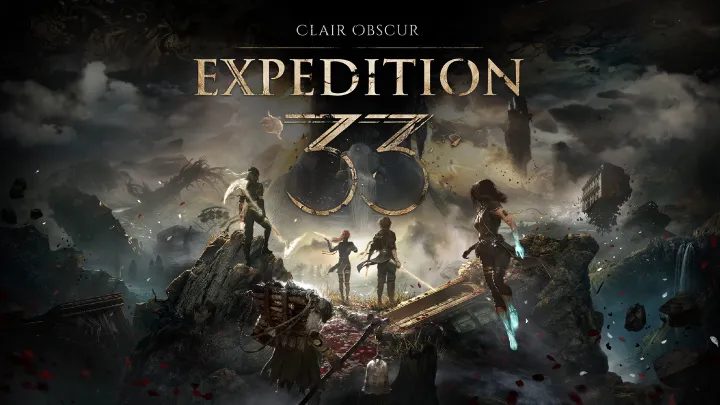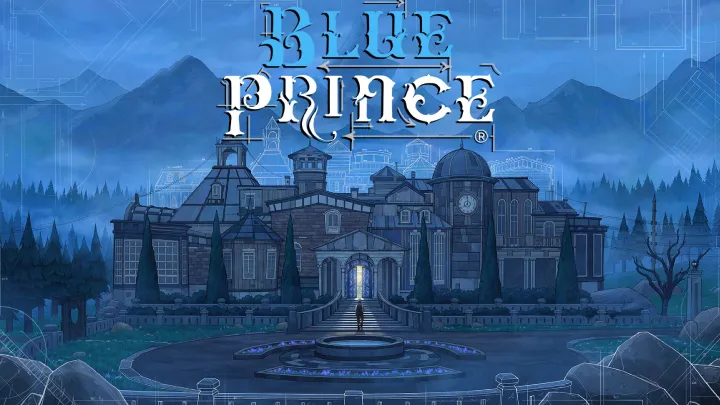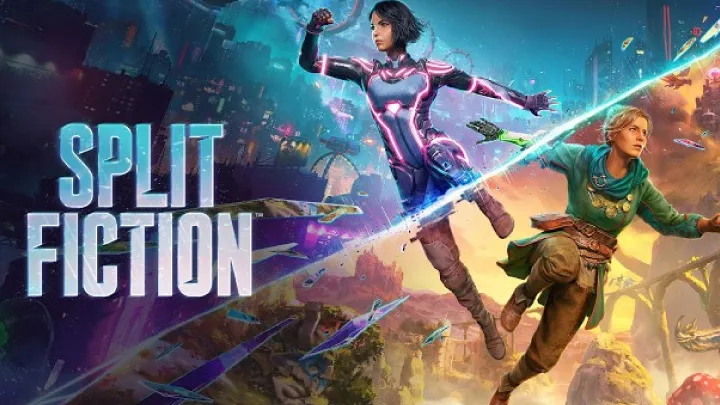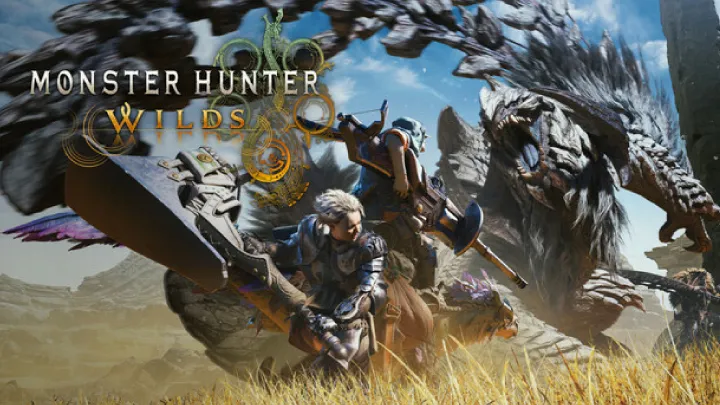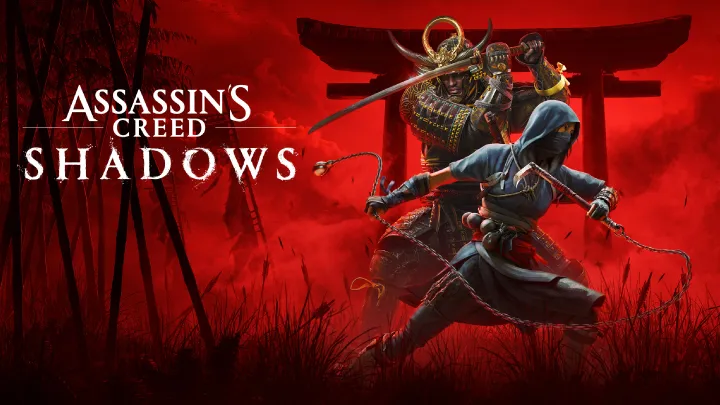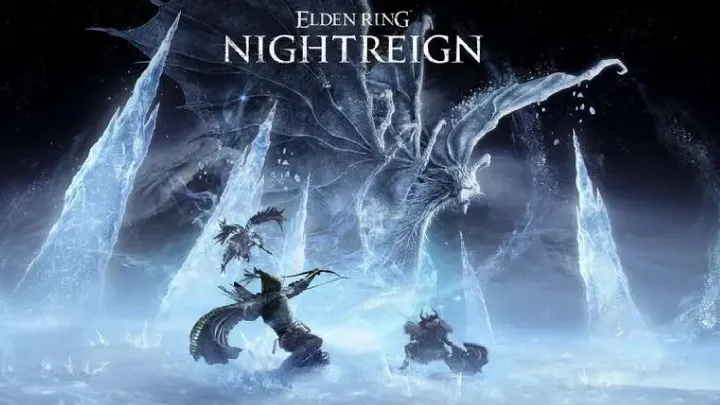 Introduction
Introduction
Elden Ring: Nightreign has captivated players with its sprawling open world, intricate lore, and challenging gameplay. As a continuation of the Elden Ring saga, it expands upon the themes of choice and consequence—a hallmark of the series. In Nightreign, the decisions players make significantly influence their journey through the Lands Between, affecting not only the narrative but also the relationships with various factions and characters. This article delves into the complexities of player choice in Elden Ring: Nightreign, examining how these choices shape the gameplay experience, alter the narrative trajectory, and ultimately define the player's legacy within the game world.
The Foundation of Choice in Elden Ring
The concept of choice in Elden Ring is deeply rooted in its design philosophy, reflecting the series’ longstanding tradition of player agency. From the outset, players are thrust into a world where their decisions carry weight, influencing both immediate gameplay and long-term consequences.
Historical Context of Player Agency
Elden Ring builds upon the legacy of previous FromSoftware titles, such as Dark Souls and Bloodborne, which emphasized player choice through intricate lore and branching narratives. In Nightreign, this foundation is expanded, offering players a greater variety of paths and outcomes.
The Role of Lore
The lore of Elden Ring is rich and multifaceted, providing context for player choices. Players encounter various factions, each with their own ideologies and goals. Understanding these factions is crucial, as the choices players make can align them with one faction or lead to open conflict with others.
The Opening Choices
At the beginning of Elden Ring: Nightreign, players face their first significant choice: selecting a character class and background. This decision impacts the initial gameplay experience, shaping the player's abilities and playstyle.
Character Classes and Backgrounds
Each class comes with unique skills and attributes, catering to different playstyles. For example, a player who chooses a warrior class may excel in melee combat, while a sorcerer may focus on spellcasting. This initial choice sets the tone for how players will approach challenges throughout the game.
The Dynamics of Factional Alliances
One of the standout features of Elden Ring: Nightreign is its faction system, which allows players to ally with various groups throughout the Lands Between. These alliances significantly impact the game’s narrative and gameplay dynamics.
Understanding Factions
The game features several factions, each with its own goals, beliefs, and quests. Key factions include:
- The Knights of the Round: A noble order dedicated to restoring order and justice in the Lands Between.
- The Cult of Shadows: A secretive group that worships the dark forces and seeks to plunge the world into chaos.
- The Order of the Eternal Flame: A faction committed to harnessing the power of fire for their own ends.
Making Alliances
Players can choose to ally with these factions, gaining access to unique quests, rewards, and abilities. However, aligning with one faction often comes at the expense of another, leading to difficult decisions.
Example: The Knights vs. The Cult
Choosing to support the Knights of the Round may lead to quests that aim to thwart the Cult of Shadows. Players must weigh the benefits of their alliance against the potential fallout from their choices, as other factions may view them as enemies.
Consequences of Factional Choices
The consequences of factional alliances are far-reaching. Players who align with the Knights may gain powerful allies and resources, while those who side with the Cult may unlock darker powers at the cost of their reputation among other factions.
The Role of Moral Ambiguity
Elden Ring: Nightreign thrives on moral ambiguity, challenging players to confront the ethical implications of their choices. This complexity adds depth to the gameplay experience and encourages reflection on the nature of heroism and villainy.
Ethical Dilemmas
Throughout the game, players encounter situations that force them to make morally ambiguous decisions. For instance, players may have to choose between saving a village from destruction or pursuing a personal quest for power.
The Weight of Decisions
These choices are rarely clear-cut. Saving the village may grant players goodwill among certain factions but cost them valuable time and resources. Conversely, pursuing personal power may lead to immediate gains but alienate potential allies.
Character Interactions
Interactions with NPCs further illustrate the moral complexity of player choices. Characters may react differently based on the player’s decisions, leading to unexpected alliances or betrayals.
Example: The Betrayal of a Companion
A player who consistently chooses self-serving actions may eventually face betrayal from a trusted companion. This narrative twist serves as a poignant reminder of the consequences of one’s choices, reinforcing the game’s themes of trust and loyalty.
Exploration and Discovery
Elden Ring: Nightreign encourages exploration, rewarding players who venture off the beaten path. The game world is filled with hidden secrets, lore, and challenges that can significantly impact the narrative experience.
The Importance of Exploration
Exploring the expansive world of Nightreign is crucial for uncovering lore and gaining powerful items. Players who take the time to investigate hidden areas often find unique quests that align with their chosen factions.
Hidden Lore
Many hidden areas contain lore that sheds light on the game’s backstory and the motivations of various factions. Understanding this lore can help players make informed decisions about their alliances and actions.
Optional Quests and Their Impact
Optional quests offer players the chance to engage with the world on a deeper level. Completing these quests can lead to unique rewards and influence the overarching narrative.
Example: The Forgotten Village Quest
In one quest, players may discover a forgotten village inhabited by a faction with a tragic history. Choosing to help this village may unlock new allies and resources, while ignoring their plight could lead to dire consequences later in the game.
The Impact of Combat Choices
Combat is a central aspect of Elden Ring: Nightreign, and the choices players make in battle can significantly influence their overall experience. The game rewards strategic thinking and adaptability.
Combat Styles
Players can adopt various combat styles, from aggressive melee attacks to strategic spellcasting. Each choice impacts how players approach challenges and interact with enemies.
Example: The Aggressive vs. Defensive Playstyle
An aggressive player may focus on dealing damage quickly, while a defensive player may prioritize dodging and counterattacking. The chosen style can affect the player’s relationships with NPCs and factions, as some may view aggression as a sign of strength, while others may see it as reckless.
Weapon Choices
The variety of weapons available in Nightreign allows players to tailor their combat strategies. Different weapons have unique abilities and scaling, offering a plethora of options for player customization.
The Impact of Weapon Choices on Narrative
Certain factions may favor specific weapon types or combat styles, creating additional layers of complexity. For instance, a player who wields a sword may find favor with the Knights of the Round, while those who use dark sorcery may attract the attention of the Cult of Shadows.
The Consequences of Endgame Choices
As players progress toward the endgame, the choices they made earlier in the game come to fruition, leading to multiple potential outcomes. This culmination of choices defines the player’s legacy within the game world.
The Endgame Scenarios
Elden Ring: Nightreign features multiple endings, each determined by the decisions players made throughout their journey. These endings reflect the player’s alliances, moral choices, and combat styles.
Example: The Resolution of Faction Conflicts
Players who aligned with the Knights of the Round may witness a restoration of order in the Lands Between, while those who sided with the Cult of Shadows may plunge the world into chaos. The endgame scenarios provide a satisfying conclusion to the narrative threads woven throughout the game.
The Reflection of Player Choices
The final moments of Nightreign serve as a poignant reflection on the player’s journey. Characters may offer comments on the player’s decisions, reinforcing the idea that choices have consequences.
The Legacy of Choices
Ultimately, the player’s legacy is defined by the choices they made, shaping their identity within the game world. This emphasis on consequence resonates with players, encouraging them to reflect on their decisions long after the game has ended.
Community Reception and Discussion
The intricate system of choice and consequence in Elden Ring: Nightreign has sparked extensive discussions within the gaming community. Players share their experiences and interpretations, leading to a rich dialogue about the game’s themes.
Positive Reception
Many players have praised the depth of choice in Nightreign, highlighting how it enhances replayability and engagement. The ability to explore different paths and outcomes has resonated strongly with the community.
Player Stories
Online forums and social media have become platforms for players to share their unique stories and choices. These narratives often highlight the emotional weight of decisions and the diverse experiences within the game.
Critiques and Concerns
While the emphasis on choice is celebrated, some players have raised concerns about the potential for imbalance in faction dynamics. The impact of certain choices can feel disproportionately severe, leading to discussions about potential adjustments for future updates.
The Future of Choice in Elden Ring
As FromSoftware continues to develop new titles within the Elden Ring universe, the lessons learned from Nightreign will likely inform future game design. The intricate nature of choice and consequence will remain a key focus.
Innovations in Choice Mechanics
Future titles may introduce new mechanics to further enhance player agency. This could include more nuanced faction interactions or deeper moral dilemmas that challenge players to consider the consequences of their actions.
Expanding the Narrative
The narrative scope of future games could also expand, allowing for even more complex interactions between characters and factions. By embracing the foundation laid in Nightreign, developers can create a richer, more immersive experience.
Community Engagement
Ongoing community engagement will play a vital role in shaping the future of choice in Elden Ring. Developers should continue to listen to player feedback and adapt their design philosophy based on player experiences.
Conclusion
Elden Ring: Nightreign stands as a testament to the power of player choice in video games. The intricate system of alliances, moral dilemmas, and combat strategies creates a deeply immersive experience that resonates with players. As they navigate the complexities of the Lands Between, players are constantly reminded of the weight of their decisions, shaping not only their journey but also their legacy within the game world. As the franchise continues to evolve, the themes of choice and consequence will undoubtedly remain central, ensuring that Elden Ring retains its place as a beloved title in the gaming landscape.
